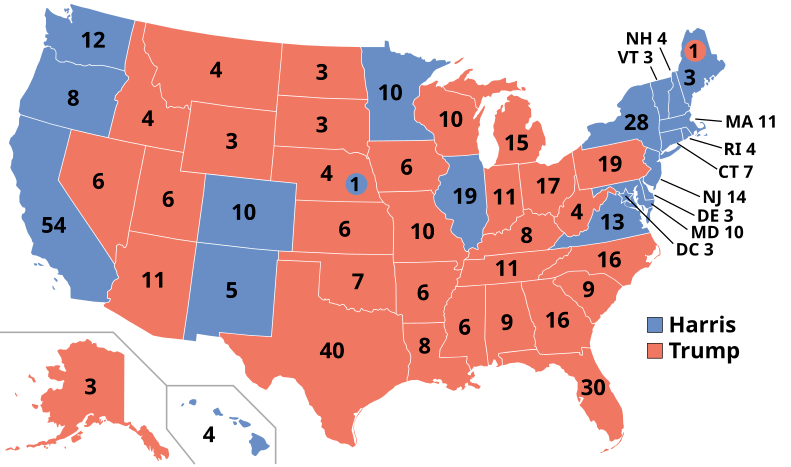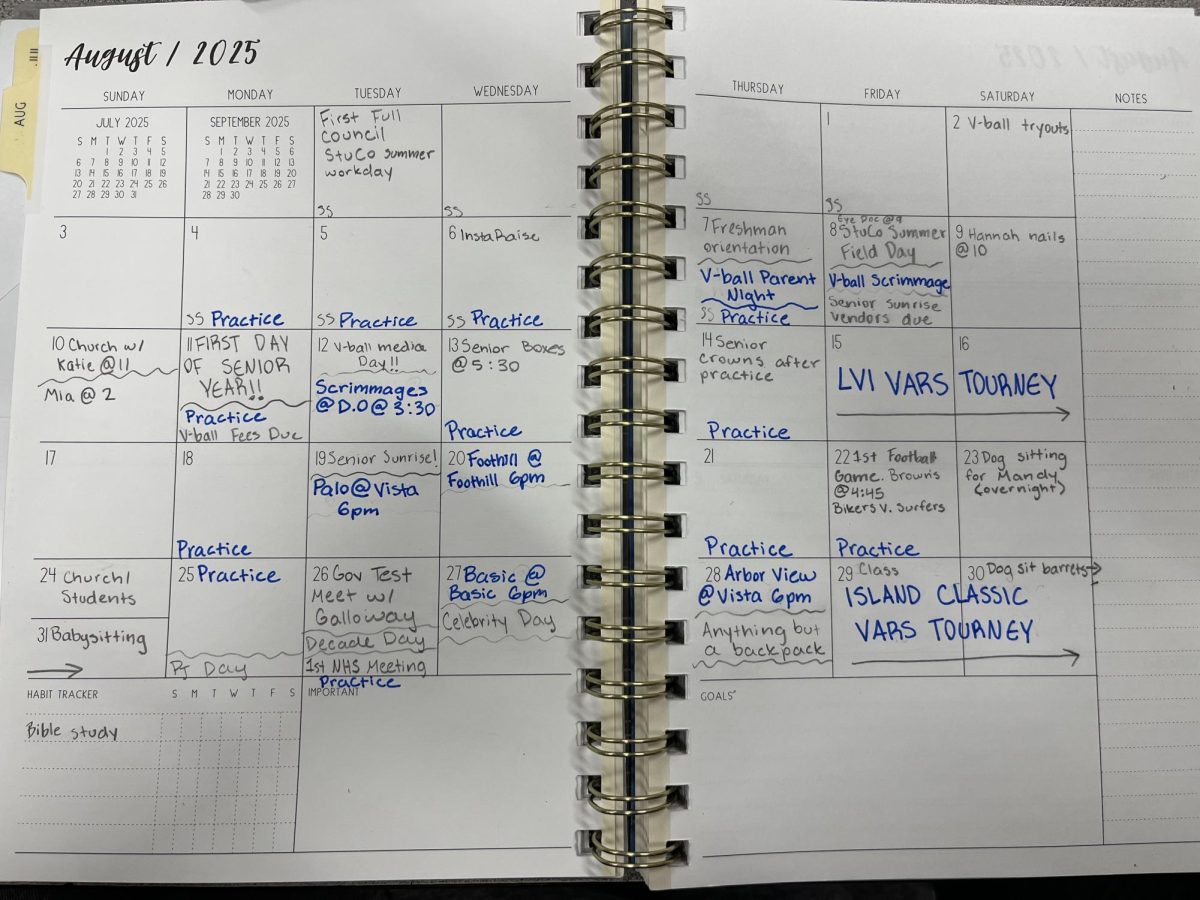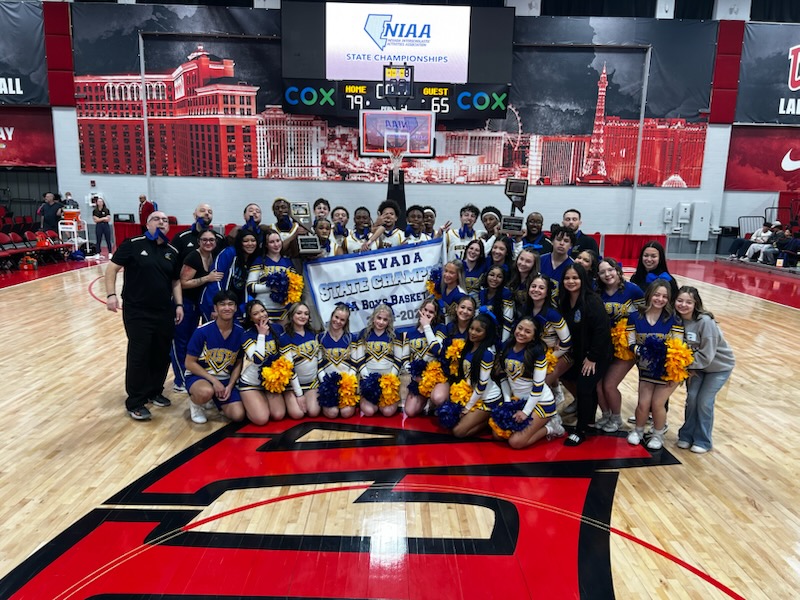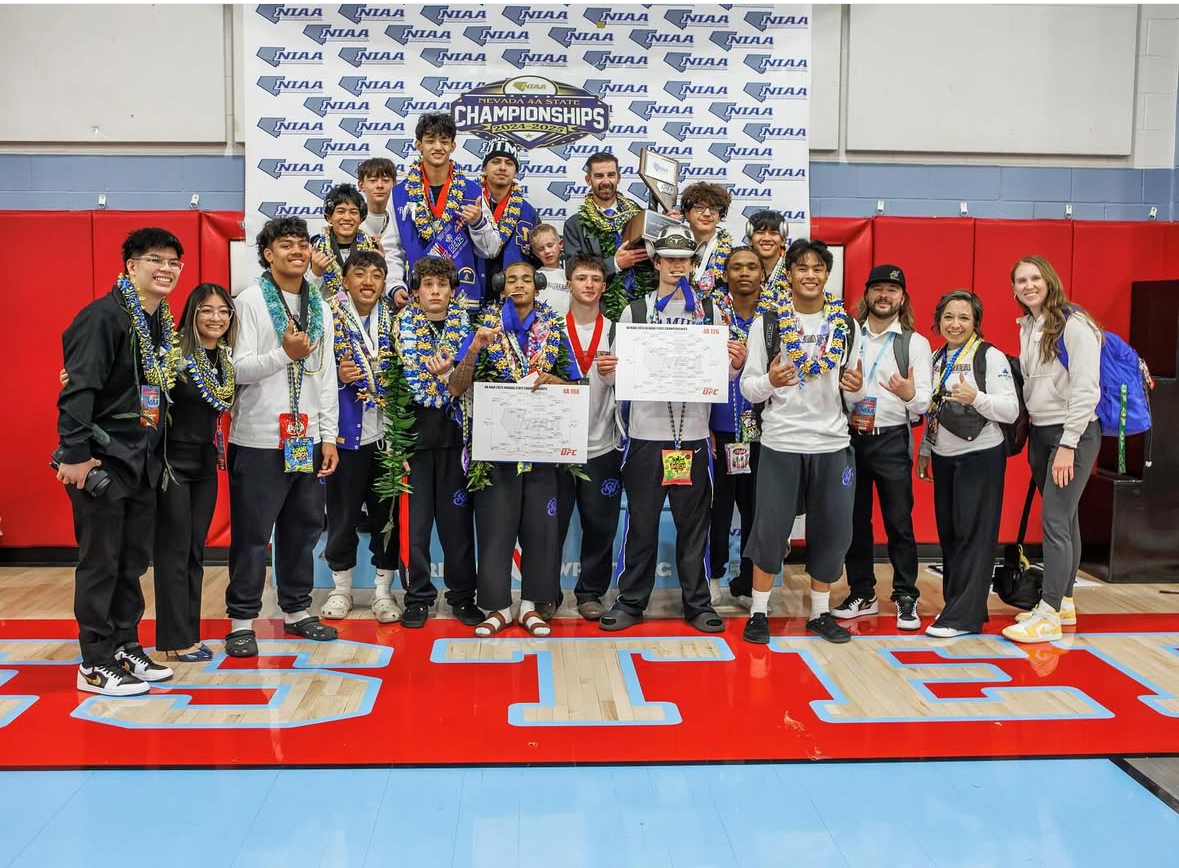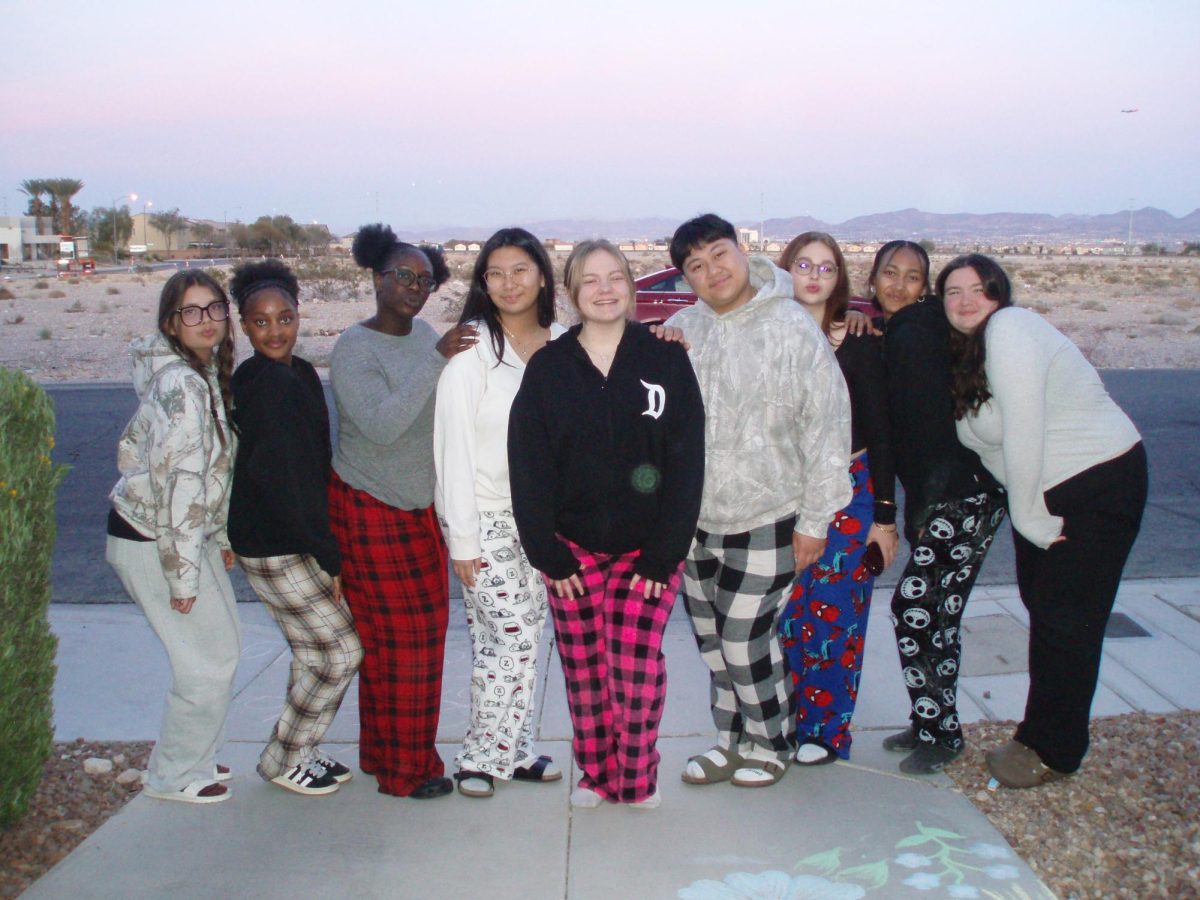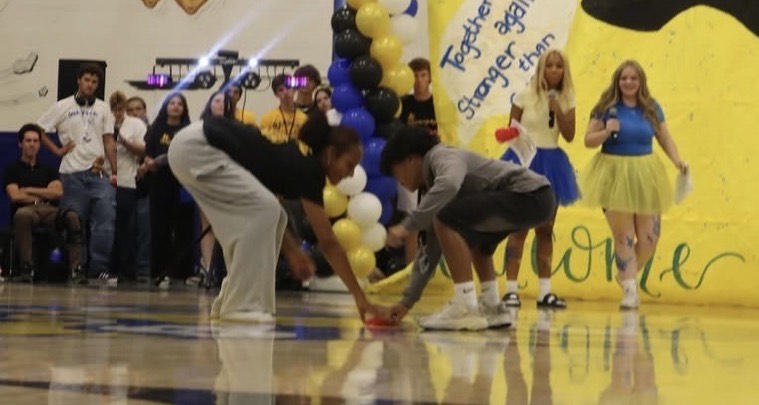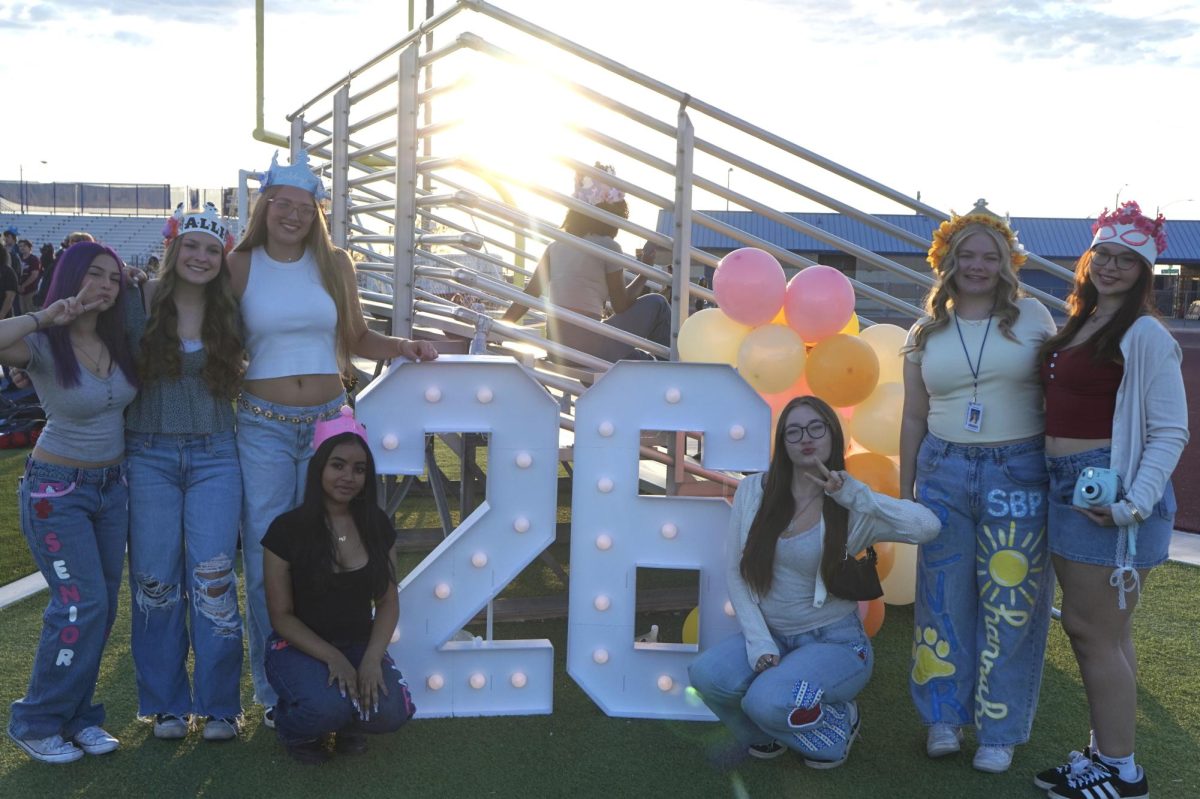Senior To Do List
November 9, 2022
October marked the time for seniors to begin filling out college applications and scholarships which left them with a daunting workload of responsibilities and strict deadlines
While many colleges may close their applications in January, early decision submissions increase the chance of admission. Avoiding procrastination and getting an early start on the senior “to do” list prevents an overwhelming year for seniors. Deadlines for scholarships and colleges approach quickly so timing is everything.
Certain tasks should already be completed prior to high school senior year:
- Creating a list of possible colleges to attend
- Thinking about majors that can lead to a certain career choice
- Attending college fairs to gather information
- Applying to scholarships
- Discussing and organizing financial aid
- Taking Advanced Placement and Dual Enrollment classes
- Touring around different college campuses
- Re-taking (or takng) the ACT/SAT
In fall, seniors can sign up and complete the FAFSA Free Application for Federal Student Aid that opens October 1st and ends June 30th. This is also the time for seniors to request letters of recommendation from their teachers with at least a two weeks notice in advance. Additionally,
Seniors should be finalizing their college list and checking in with their counselors to view their transcripts about remaining credits. Seniors who need to retake the ACT/SAT should register now so colleges can see the higher score.
Plenty of opportunities are open for seniors to apply for scholarships as the qualifications can range from one’s racial background to being dominantly left handed.
Seniors can check out the Public Education Foundation website to find hundreds of scholarships. College of Southern Nevada (CSN) is also holding their Nevada Promise Scholarship for all Nevada residents that can cover up to three years of tuition. In the transition of winter, seniors should update their resumes with their fall semester activities and complete remaining applications.
During the spring semester, seniors should keep an eye out for college notifications about acceptance letters that are usually made by March or April. Although most scholarships close in the winter, a few opportunities remain for seniors to apply. As for AP students they will need to prepare for their final standardized tests to earn college credit.
If seniors still have questions about college or graduation requirements they can meet and discuss that with their counselors to get further information.
Although a time like this can be overwhelming, it is still important for seniors to enjoy their last year to maintain a strong mental health.







